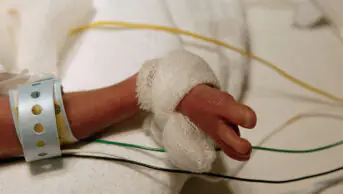
Graham Parsons
Pregabalin and gabapentin are due to become controlled substances following a recent increase in the number of deaths attributed to the drugs.
Last year, the Advisory Council on the Misuse of Drugs (ACMD) wrote to the government recommending the drugs to be reclassified as class C drugs because of the risks of “illegal diversion and medicinal misuse”. Ministers have now accepted this recommendation and it will be implemented subject to consultation.
It follows a marked recent increase in the number of deaths linked to gabapentinoids, which are used for treating neuropathic pain, seizures and anxiety. Prior to 2009, there was less than one death per year attributed to the drugs, but in 2015 there were 137, the majority of which were associated with opioid use. According to the data published in Addiction earlier this year, the number of pregabalin and gabapentin prescriptions also increased from one million in 2004 to 10.5 million in 2015.
“This emerging evidence base makes the recommendation to reclassify pregabalin and gabapentin timely,” said Graham Parsons, spokesperson of the Royal Pharmaceutical Society and lead pharmacist at the charity Turning Point. “Prescribers need to be aware of the potential for misuse of the gabapentinoids, particularly pregabalin, where the incidence of misuse has been noted to be seven times greater than gabapentin when assessing drug-related deaths.”
The ACMD’s report found that gabapentinoids are increasingly being used illicitly and it is thought that much of this is to enhance the effects of heroin.
Rachel Britton, lead clinical pharmacist at Addaction, a drug, alcohol and mental health charity, said that a comparison could be drawn with tramadol, which was reclassified as class C in 2014 after an increase in related deaths.
“Since then, the number of deaths has begun to fall and we’d hope to see the same for pregabalin and gabapentin,” she said.
“The reclassification reduces the availability of the drugs on the black market, because prescribers are advised not to issue prescriptions longer than 30 days. It also makes people more careful about whom to prescribe them to, recognising the abuse potential.”
The minister for crime, safeguarding and vulnerability, Sarah Newton, said: ”We have conditionally accepted the ACMD advice to control pregabalin and gabapentin as class C drugs, subject to a public consultation which we will launch shortly.”

